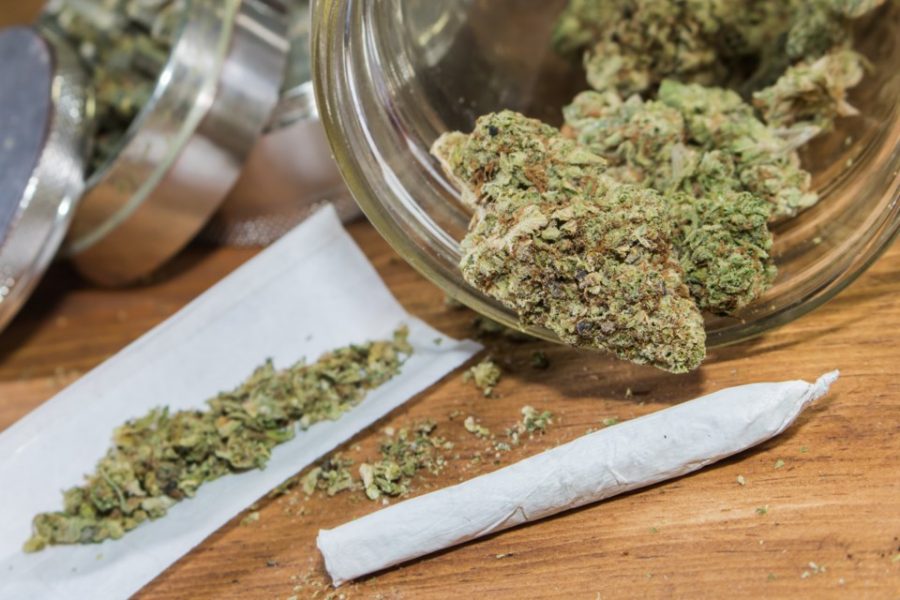Rutgers University publishes research study into the role that cannabis usage plays in guiding state policy
Rutgers University’s New Jersey State Policy Lab has published a unique report covering cannabis usage. Specifically, the report explores factors that influence the plant’s usage, including law enforcement, education and health.
“This report is critical to New Jersey setting a model similar to other states in recognizing that all people in the state are not the same, and by legalizing cannabis, its impact on different communities is going to vary,” said the study’s lead investigator and dean of Rutgers University-Newark School of Public Affairs and Administration, Charles Menifield.
Menifield intends on using the study’s findings as a baseline measure to assess the repercussions of cannabis legalization and pinpoint any differences among various communities.
“This is literally a baseline report of what we should be looking at and where we are now,’” said Menifield, whose team hopes that the data will mold state policy as time progresses.
About Rutgers’ study on cannabis usage and state policy
An affluence of secondary data is compiled into the new research study by Rutgers University. The data was collected as a means of clearly illustrating present-day cannabis consumption rates and law-enforcement measures disaggregated by age, ethnicity and gender.
The report also covers youth attitudes on cannabis, in addition to behavioral and medical health factors that could be affected by cannabis legalization, such as registrations at treatment centers for cannabis addiction and suicide rates.
Menifield believes that the state is lacking in terms of providing in-depth reporting into social justice; particularly so in regards to providing accurate law enforcement metrics.
Specifically, he wants to see data that monitors people through different criminal justice process stages. He also wants the findings to be segmented by age, gender, ethnicity and county.
The study’s findings
Racial disparity appears to be a lingering problem within the legal system. Factually, as per the study’s findings, the rate of Black people arrested for selling cannabis was in excess of five times more than it was for Caucasians. Plus, black residents were four times more likely to face an arrest for cannabis possession.
Although substance abuse is a third primary cause of school suspensions, most suspensions aren’t investigated to determine whether or not the student is impaired by alcohol, cannabis or another type of substance.
“The disparities in exclusionary discipline practices are really important to highlight for students of color,” said assistant research professor with the Rutgers-Newark Department of Urban Education and Joseph C. Cornwall Center for Metropolitan Studies, Vandeen Campbell. “We don’t know if legalization will be related to these rates in any way — we’ll have to study it — but that is certainly something that needs to be changed and needs to be monitored.
Additionally, the report prompts the state to assess rates of college and graduation enrollment amid the rise of cannabis legalization.
“The argument we are making is that graduation rates could change based on cannabis use. If students start smoking and selling cannabis, they may drop out,” said Menifield. “Then the question becomes, who is dropping out? Where do they live? What city are they in? What county are they in? What’s their race? What’s the income level of their parents? So in order to ameliorate those situations, you need to know all of that other information.”
Menifield concluded by stressing the importance of future research into cannabis usage and state policy. He says that the state must dive deeper into the subject and “exercise due diligence in ensuring the safety of residents,” in spite of the plant’s legal status.








